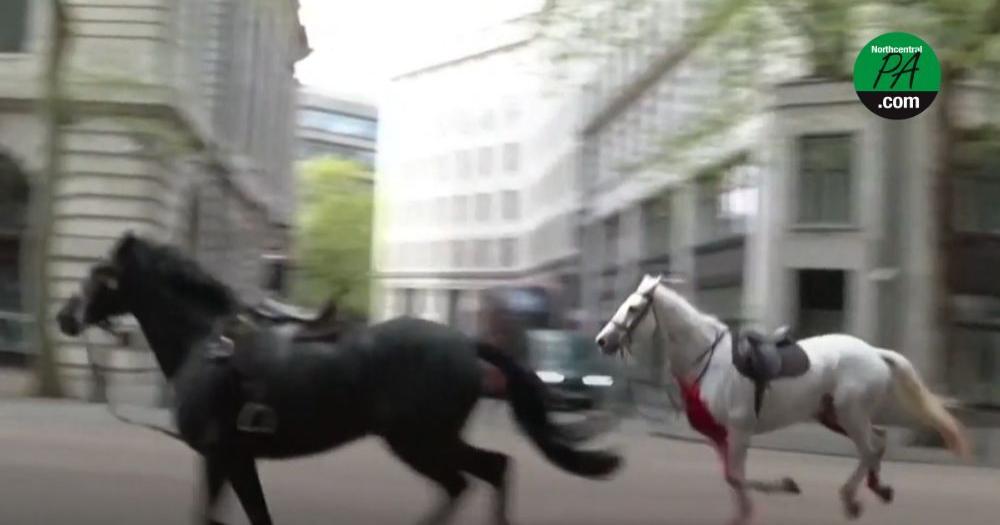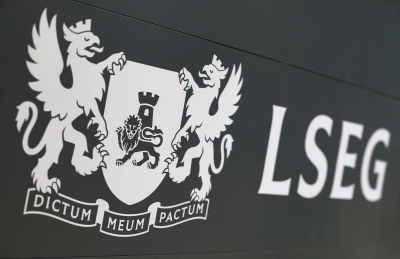Reporter Ria Chatterjee has repeatedly witnessed the consequences of crime on London’s streets. Here, she looks at what has been done to break cycles of violence and give young people a sense of purpose in life.
Stepping out of the front door is fraught with risk. “They’re putting their life in danger just by walking down the road,” says Rosa. “If there’s a fight between two boys, if one of them doesn’t pull out a knife first the other one’s going to. It’s getting bad.”
It’s early 2018. A meditative hush blankets the Peckwater Estate in Camden. A shrine of flowers, cards and candles grows within a small enclave that has two green metal benches and a table in the middle.
Three young men have been killed in the area, in separate incidents, in as many days: Lewis Blackman, Sadiq Aadam Mohamed and Abdikarim Hassan.
Rosa’s cheeks are frostbitten and her body hunches inwards. She’s a sixteen year old girl protecting herself from the icy chill and the violence lurking in the peripheries of her reality.
Her passion strikes me. She cares deeply and she wants to know who cares about her. Back in the newsroom we call the Home Office for comment. Rosa has challenged a government representative to spend time on their estate.
Amber Rudd is Home Secretary. Three years and two Home Secretaries later we are still sending one email after the next about serious youth violence, because I’m asked one question repeatedly by those who grieve: why isn’t the government doing more?
Every city has its mask – for some residents it rarely drops and for others it barely exists. Beyond the jostling pre-theatre dinners and fairy-light strung rooftop bars London is a complex network of roads and tunnels; bridges and boundaries that connect and divide.
The city can feel small for young people living under the threat of violence, and, opting to take a different route to school is a calculation of survival in the same way that venturing into a different borough is a fatal risk.
These kinds of daily reckonings seed fear and anxiety in the minds of young people who already feel that wider systems have left them to muddle through monumental issues such as poverty and racism.
I once anonymously interviewed a teenager (at his mother’s request) who’d been stabbed and survived and was sofa surfing to ensure that the perpetrators didn’t catch up with him.
He was on edge and constantly looking over his shoulder, essentially homeless. These are big feelings with big consequences.
In September 2018 I travelled to Chicago to better understand the city’s public health approach to tackling serious violence.
ITV News spent time in Chicago with so-called ‘Violence Interrupters’
It’s worth noting that many frontline practitioners had, at that point, made the same journey years prior; but after spending month after month sat with different families and young people who felt abandoned and misunderstood, I wanted a deeper grasp of what solutions look like.
That year the third largest city in the US had seen the third consecutive annual drop in homicides, so what were they doing right?
Over the course of eight days we filmed with so-called Violence Interrupters who connect with young people on the street to intercept potential tragedies, and offer emotional support; a tattoo artist who removes ‘gang’ symbols from people who come out of prison and want to rebuild their lives; the Chicago Police Department who were conducting community surveys about bettering ‘Stop and Frisk’ protocol, and, given that Chicago is the home of Drill music – we spent time deconstructing the often harmful and misguided narrative that music leads to a child picking up a knife.
Ria Chatterjee with a Violence Interrupter in Chicago
It quickly became clear that though the scale of violence in Chicago and London differed, as did the weapons, the underlying causes were the same.
At the start of 2019, the Mayor’s office set up London’s first ever Violence Reduction Unit and announced their commitment to the public health approach, a concept that puts tackling root causes at its heart.
This is from their website: Working with people and organisations from within communities where violence is prevalent, we try to understand the complex causes of violence and, working together, prevent it from happening.
The London VRU has funded crucial projects such as ‘My Ends’ which gives grassroots organisations, in hyper-local areas with high levels of violence, the opportunity to take the lead on devising programmes that can support young people.
Lib Peck (l) was appointed as the Director of the Mayor of London’s established Violence Reduction Unit in 2019
Addressing the impact of trauma is also important to breaking cycles of violence and the VRU has invested in projects that support local mental health organisations and wellbeing projects for parents, guardians and carers.
Where does ‘hope’ fit into this story? It has to be the first word of the first line say many who are tired of seeing the same issues go unresolved, one decade after the next.
But, what can a feeling do? I put this question to members of the Hope Collective – a network of key organisations (including the Damilola Taylor Trust, the Metropolitan Police, national youth organisations and every UK VRU) that aims for the “most vulnerable communities to be ‘levelled up’ and freed from poverty, violence and discrimination.” Crucially, they want to amplify the voices of young people.
The Hope Collective recently toured major cities in the UK conducting ‘Hope Hack’ sessions: workshops, talks, performances and more to offer young people a chance to express how they feel about violence and what can be done about it.
The Hope Collective website
A 21-year-old called Tyrell Davis-Douglin describes himself as a Distributor of Hope, he also chairs the Youth Management Group for the Hope Collective. He tells me that the single biggest theme to come out of the Hope Hack tour is a desire for access to opportunities. That’s what many vulnerable young people are crying out for.
The Hope Collective took their mission statement to Number 10 on Thursday the 25th of November, 2021 and the Prime Minister himself said in a speech “It is the way to beat the problem.”
Hope, then, seems to be a by-word for action. Straight after the reception, I asked Ndidi Okezie – the CEO of UK Youth – if she had faith in Boris Johnson’s words? She replied: “What’s the alternative? What do we say to young people if we’re not hopeful?”
Over the years I have spent time with countless small charities and organisations who pour the deepest parts of their soul into youth work. It is a relentless and traumatising (for many, re-traumatising) vocation but also one that’s brimming with spirit, exceptional talent, laughter and love.
Snippets of conversations stay with me. There was the time that Ebinehita Iyere (the founder of an organisation called Milk Honey Bees which provides a safe space for young Black women to heal and flourish) said “A lot of these girls are losing friends days, weeks, months apart.
“No one is looking at the fact that girls are mobilising in these communities instead of healing.”
Ebinehita is giving acres of her time and wisdom to help these young women discover their full potential, and there are hundreds of people just like her across the city trying to give young people a sense of purpose and a place to feel seen and loved.
There are those youth workers who use sport, music, art, philosophy, baking, theatre, business (the list is endless) to encourage young people; and there are those who spend hours in classrooms and long nights on the streets looking out for the safety of teenagers, teaching them the benefits of emotional intelligence and the value of creating loving bonds and connections.
That morning in 2018, on the Peckwater Estate, Rosa buried her hands deep in her pockets and waited patiently as her friends offered their opinions and thoughts too.
She was vibrant and articulate and the air crackled with her energy. Eventually Rosa found her moment to speak: “Everyone needs to come to the areas that we live in and see what actually happens. I think they should live like us for a week and then they’ll understand – it’s not a joke.
It’s actually not a joke the way we live and the way we have to protect ourselves in life because no one else will do it for us.”
https://www.itv.com/news/london/2021-12-31/the-london-community-groups-tackling-violence-with-hope-can-it-work




